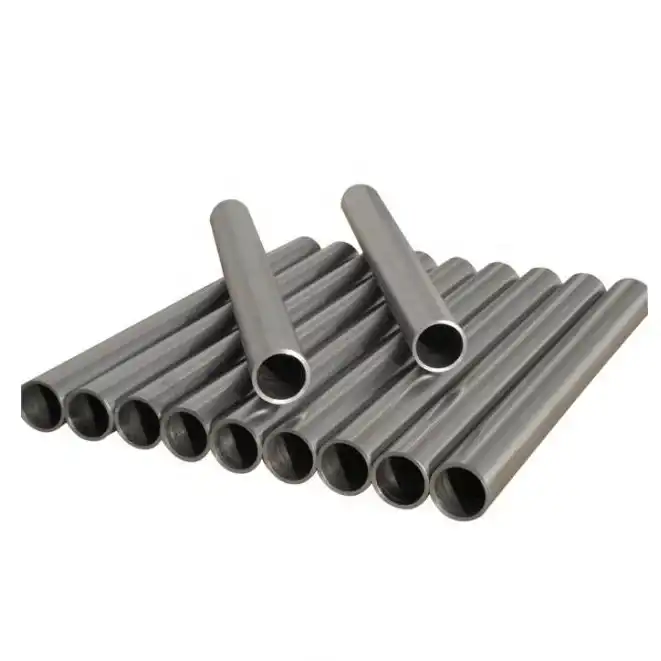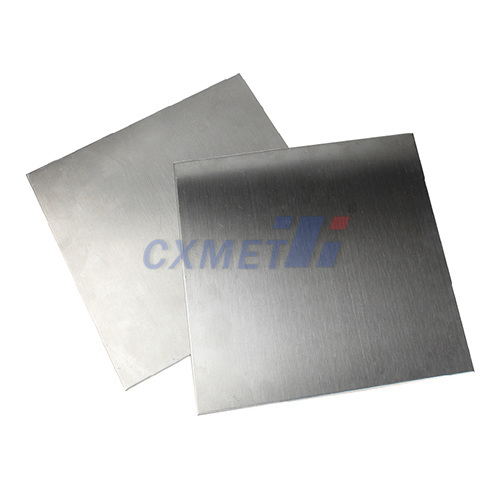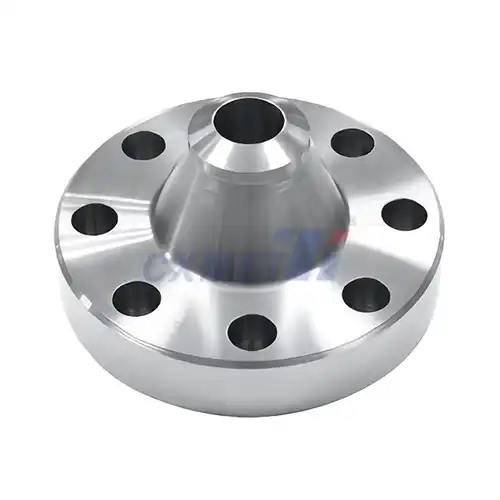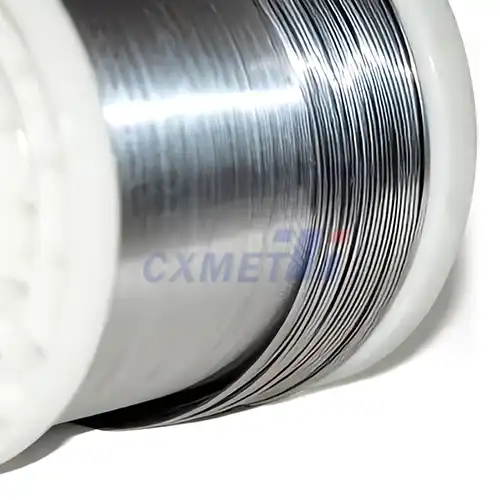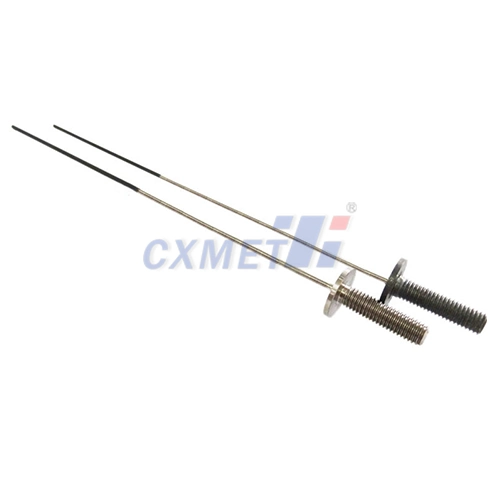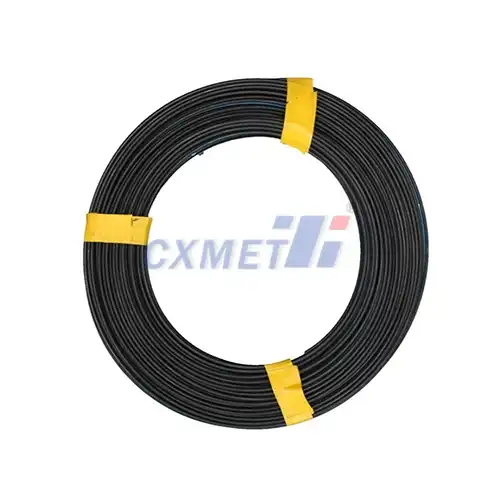- English
- French
- German
- Portuguese
- Spanish
- Russian
- Japanese
- Korean
- Arabic
- Greek
- German
- Turkish
- Italian
- Danish
- Romanian
- Indonesian
- Czech
- Afrikaans
- Swedish
- Polish
- Basque
- Catalan
- Esperanto
- Hindi
- Lao
- Albanian
- Amharic
- Armenian
- Azerbaijani
- Belarusian
- Bengali
- Bosnian
- Bulgarian
- Cebuano
- Chichewa
- Corsican
- Croatian
- Dutch
- Estonian
- Filipino
- Finnish
- Frisian
- Galician
- Georgian
- Gujarati
- Haitian
- Hausa
- Hawaiian
- Hebrew
- Hmong
- Hungarian
- Icelandic
- Igbo
- Javanese
- Kannada
- Kazakh
- Khmer
- Kurdish
- Kyrgyz
- Latin
- Latvian
- Lithuanian
- Luxembou..
- Macedonian
- Malagasy
- Malay
- Malayalam
- Maltese
- Maori
- Marathi
- Mongolian
- Burmese
- Nepali
- Norwegian
- Pashto
- Persian
- Punjabi
- Serbian
- Sesotho
- Sinhala
- Slovak
- Slovenian
- Somali
- Samoan
- Scots Gaelic
- Shona
- Sindhi
- Sundanese
- Swahili
- Tajik
- Tamil
- Telugu
- Thai
- Ukrainian
- Urdu
- Uzbek
- Vietnamese
- Welsh
- Xhosa
- Yiddish
- Yoruba
- Zulu
What Are the Key Properties of High Standard Gr12 Titanium Alloy Bar?
2025-07-23 15:42:23
The High Standard Gr12 Titanium Alloy Bar represents a significant advancement in material science, offering a unique combination of properties that make it indispensable in various industrial applications. As an α titanium alloy, Gr12 (Ti-0.3Mo-0.8Ni) stands out for its exceptional balance of corrosion resistance and moderate strength, making it a preferred choice in demanding environments. This alloy bar is specifically engineered to withstand harsh conditions, particularly in chemical processing and heat exchanger systems. Its superiority lies not only in its mechanical properties but also in its excellent formability and weldability, allowing for versatile use across marine, chemical, power generation, and industrial engineering sectors. The Gr12 Titanium Alloy Bar's ability to maintain its integrity in both mildly reducing and oxidizing conditions sets it apart from conventional materials, offering engineers and designers a reliable solution for long-term, high-performance applications.
|
|
|
Mechanical Strength and Durability of GR12 Titanium Alloy Bars
Tensile Strength and Yield Characteristics
The High Standard Gr12 Titanium Alloy Bar boasts impressive tensile strength, typically exceeding 480 MPa, coupled with a yield strength of at least 345 MPa. These robust mechanical properties ensure that components manufactured from this alloy can withstand significant stress without permanent deformation. The alloy's high strength-to-weight ratio is particularly advantageous in applications where weight reduction is crucial without compromising structural integrity. This combination of strength and lightweight characteristics makes the Gr12 Titanium Alloy Bar an ideal choice for critical components in aerospace, marine, and industrial settings where performance under load is paramount.
Fatigue Resistance and Long-term Performance
One of the standout features of the High Standard Gr12 Titanium Alloy Bar is its exceptional fatigue resistance. This property is crucial for components subjected to cyclic loading, such as in heat exchangers or marine environments. The alloy's microstructure, enhanced by the presence of molybdenum and nickel, contributes to its ability to withstand repeated stress cycles without significant degradation. This translates to extended service life and reduced maintenance requirements for equipment manufactured using Gr12 titanium, making it a cost-effective choice for long-term applications in corrosive or high-stress environments.
Impact Toughness and Ductility
The High Standard Gr12 Titanium Alloy Bar exhibits remarkable impact toughness and ductility, with an elongation of at least 18 percent. This combination of properties ensures that components can absorb energy and deform plastically before fracture, enhancing safety in critical applications. The alloy's ability to withstand sudden impacts without brittle failure is particularly valuable in dynamic environments or where unexpected loads may occur. Furthermore, the ductility of Gr12 titanium facilitates easier forming and fabrication processes, allowing for complex shapes and designs to be achieved without compromising the material's integrity or performance.
Corrosion Resistance Features of High Standard GR12 Titanium
Resistance to Chemical Corrosion
The High Standard Gr12 Titanium Alloy Bar excels in its resistance to chemical corrosion, a property that sets it apart in industrial applications. Its unique composition, featuring molybdenum and nickel additions, enhances its ability to form a stable passive oxide layer. This protective film provides exceptional resistance against a wide range of corrosive media, including organic acids, chlorides, and oxidizing environments. In chemical processing plants, where exposure to aggressive substances is common, Gr12 titanium components demonstrate superior longevity compared to conventional materials. The alloy's resistance to pitting and crevice corrosion further cements its position as a go-to material for critical components in corrosive environments.
Performance in Marine Environments
The High Standard Gr12 Titanium Alloy Bar showcases outstanding performance in marine environments, making it an ideal choice for shipbuilding, offshore structures, and desalination plants. Its resistance to seawater corrosion is particularly noteworthy, as the alloy maintains its integrity even under prolonged exposure to chloride-rich environments. This property is crucial for components like heat exchangers, pumps, and valves used in marine applications. The alloy's ability to resist stress corrosion cracking in marine atmospheres further enhances its reliability, ensuring long-term structural integrity in challenging coastal and offshore conditions.
Resistance to Erosion-Corrosion
Another significant advantage of the High Standard Gr12 Titanium Alloy Bar is its excellent resistance to erosion-corrosion, a form of material degradation caused by the combined action of mechanical wear and chemical attack. This property is particularly valuable in applications involving high-velocity fluid flow or particle-laden streams. In industries such as oil and gas, where pipelines and processing equipment are subject to both corrosive fluids and abrasive particles, Gr12 titanium components demonstrate superior durability. The alloy's ability to maintain its protective oxide layer even under erosive conditions contributes to extended equipment life and reduced maintenance costs in these demanding applications.
Thermal Stability and Conductivity in GR12 Titanium Bars
High-Temperature Performance
The High Standard Gr12 Titanium Alloy Bar exhibits remarkable thermal stability, maintaining its mechanical properties and corrosion resistance at elevated temperatures. This characteristic is crucial for applications in heat exchangers, chemical reactors, and power generation equipment where materials are exposed to high-temperature environments. The alloy's ability to resist creep and oxidation at temperatures up to 300°C makes it an excellent choice for components that must withstand thermal cycling and prolonged exposure to heat. This thermal stability ensures consistent performance and reliability in high-temperature industrial processes, contributing to the overall efficiency and safety of the systems in which it is employed.
Thermal Conductivity and Heat Transfer Efficiency
While the High Standard Gr12 Titanium Alloy Bar is not known for exceptionally high thermal conductivity compared to metals like copper or aluminum, its thermal properties are well-suited for many heat transfer applications. The alloy's moderate thermal conductivity, coupled with its excellent corrosion resistance, makes it an ideal material for heat exchangers in corrosive environments. In applications where heat transfer efficiency must be balanced with chemical resistance, Gr12 titanium offers a compelling solution. Its ability to maintain clean, corrosion-free surfaces over extended periods ensures consistent heat transfer rates, contributing to the overall efficiency of thermal management systems in various industrial settings.
Coefficient of Thermal Expansion
The coefficient of thermal expansion of the High Standard Gr12 Titanium Alloy Bar is an important consideration in applications involving temperature fluctuations. The alloy's relatively low thermal expansion rate compared to many other metals helps minimize thermal stresses and distortions in components subjected to temperature changes. This property is particularly beneficial in applications where dimensional stability is critical, such as in precision equipment or in joining titanium components to materials with different expansion rates. The controlled thermal expansion of Gr12 titanium contributes to the longevity and reliability of structures and systems operating across a range of temperatures, ensuring consistent performance and reduced risk of thermal fatigue.
Conclusion
The High Standard Gr12 Titanium Alloy Bar stands out as a versatile and high-performance material, offering a unique combination of mechanical strength, corrosion resistance, and thermal stability. Its exceptional properties make it an invaluable asset in various industries, from chemical processing to marine engineering. As demand for durable, efficient, and corrosion-resistant materials continues to grow, Gr12 titanium alloy bars are poised to play an increasingly crucial role in advancing industrial capabilities and technological innovations. Their ability to withstand harsh environments while maintaining structural integrity positions them as a key material for future engineering challenges.
For more information about High Standard Gr12 Titanium Alloy Bars and other non-ferrous metal products, please contact Shaanxi CXMET Technology Co., Ltd. Our team of experts is ready to assist you with product inquiries, technical support, and customized solutions tailored to your specific needs. With our commitment to quality, innovation, and customer satisfaction, we strive to be your trusted partner in non-ferrous metals. Reach out to us at sales@cxmet.com to explore how our products can enhance your projects and operations.
References
1. Lutjering, G., & Williams, J. C. (2007). Titanium (2nd ed.). Springer-Verlag Berlin Heidelberg.
2. Donachie, M. J. (2000). Titanium: A Technical Guide (2nd ed.). ASM International.
3. Leyens, C., & Peters, M. (Eds.). (2003). Titanium and Titanium Alloys: Fundamentals and Applications. Wiley-VCH.
4. Peters, M., Hemptenmacher, J., Kumpfert, J., & Leyens, C. (2003). Structure and Properties of Titanium and Titanium Alloys. In Titanium and Titanium Alloys (pp. 1-36). Wiley-VCH.
5. Boyer, R. R. (1996). An overview on the use of titanium in the aerospace industry. Materials Science and Engineering: A, 213(1-2), 103-114.
6. Schutz, R. W., & Watkins, H. B. (1998). Recent developments in titanium alloy application in the energy industry. Materials Science and Engineering: A, 243(1-2), 305-315.


